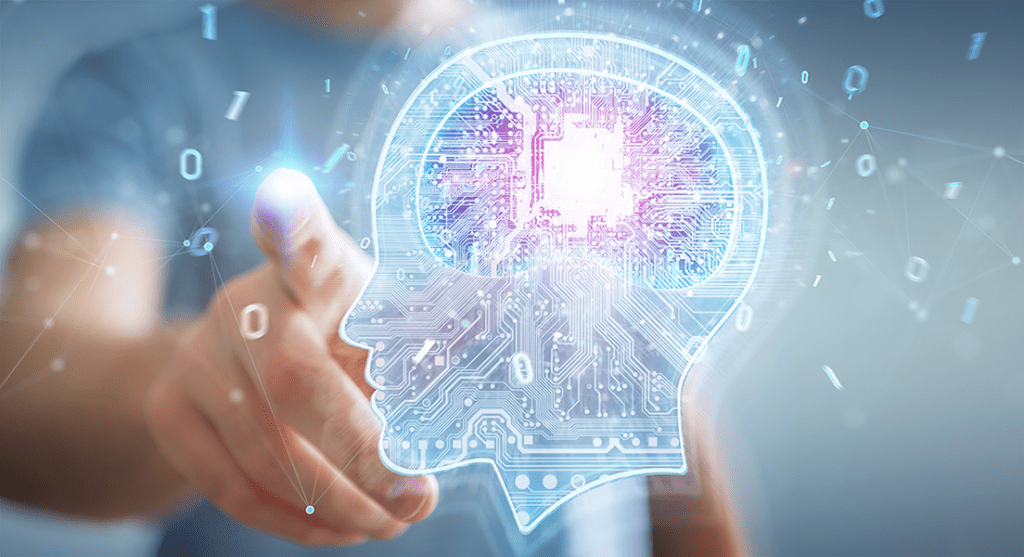Introduction to Artificial Intelligence in Healthcare
The integration of Artificial Intelligence (AI) in healthcare is transforming the way medical services are delivered. With the help of AI, healthcare providers can now offer more personalized and efficient care to their patients. In this article, we will explore how AI is humanizing healthcare and improving provider well-being.
What is Artificial Intelligence in Healthcare?
Artificial Intelligence refers to the use of computer algorithms and machine learning techniques to analyze data and make decisions. In healthcare, AI can be used to analyze medical images, diagnose diseases, and develop personalized treatment plans. AI can also be used to automate routine administrative tasks, freeing up healthcare providers to focus on more complex and high-value tasks.
Benefits of AI in Healthcare
The use of AI in healthcare has several benefits, including improved diagnosis accuracy, enhanced patient care, and increased efficiency. AI can help healthcare providers to identify high-risk patients and develop targeted interventions to improve their outcomes. AI can also help to reduce medical errors and improve patient safety.
Humanizing Healthcare with AI
AI is not just about automating tasks, it’s also about humanizing healthcare. With the help of AI, healthcare providers can now offer more personalized and empathetic care to their patients. AI can help healthcare providers to understand the social and emotional needs of their patients, and develop care plans that address these needs. AI can also help to improve communication between healthcare providers and patients, leading to better health outcomes and increased patient satisfaction.
Improving Provider Well-Being with AI
The use of AI in healthcare can also improve provider well-being. By automating routine administrative tasks, AI can help to reduce the workload of healthcare providers, giving them more time to focus on high-value tasks. AI can also help to reduce burnout and compassion fatigue, by providing healthcare providers with the tools and resources they need to manage their workload and prioritize their well-being.
Conclusion
In conclusion, the integration of AI in healthcare is transforming the way medical services are delivered. AI is humanizing healthcare and improving provider well-being, by providing more personalized and efficient care to patients. As the use of AI in healthcare continues to evolve, we can expect to see even more innovative applications of this technology in the future.
FAQs
- Q: What is Artificial Intelligence in healthcare?
A: Artificial Intelligence in healthcare refers to the use of computer algorithms and machine learning techniques to analyze data and make decisions. - Q: How is AI humanizing healthcare?
A: AI is humanizing healthcare by providing more personalized and empathetic care to patients, and improving communication between healthcare providers and patients. - Q: Can AI improve provider well-being?
A: Yes, AI can improve provider well-being by automating routine administrative tasks, reducing burnout and compassion fatigue, and providing healthcare providers with the tools and resources they need to manage their workload and prioritize their well-being.











